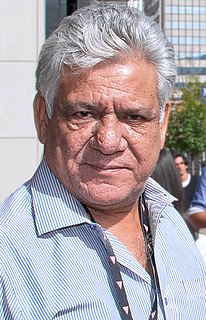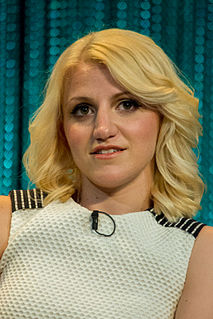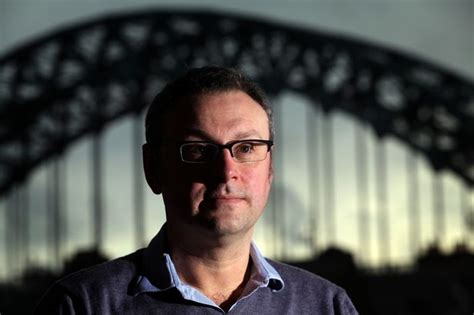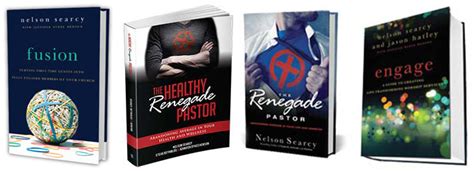A Quote by Om Puri
In theatre, you've got to make the connect with your audience in the first three minutes. If you haven't, you know you've almost lost them.
Related Quotes
'Cause a musician, you can't tell me, "I've got this message I want share with the public," and it's three-and-a-half minutes long. That's not it. If your message is only three-and-a-half minutes long, then we got nothing else to talk about. Because life is more complex than three-and-a-half minutes.
Day one through three of the radio tour, I actually went by Camaron Ochs. I went to my first set of radio remotes, and everybody was just like 'What's your last name?' It's not easy to pronounce. The first two minutes I got with people, that's what they wanted to talk about, and sometimes those two minutes is all you get.
When someone says "that resonates with me" what they are saying is "I agree with you" or "I align with you." Once your ideas resonate with an audience, they will change. But, the only way to have true resonance is to understand the ones with whom you are trying to resonate. You need to spend time thinking about your audience. What unites them, what incites them? Think about your audience and what's on their mind before you begin building your presentation. It will help you identify beliefs and behavior in your audience that you can connect with. Resonate with.
I try and create for the audience something that relates to real-life experience. When you're meeting somebody for the first time, all you have to go on are your preconceptions and your stereotypes and whatever else, but gradually as you get to know them, they change. They become more three-dimensional, and you start to see them in layers.
My audience is comprised of three categories. The first category contains the people who decide after the first five minutes that they've made a mistake and leave. The second category is the people who give the film a chance and leave annoyed after 40 minutes. The third category includes the people that watch the whole film and return to see it again. If I'm able to persuade 33% of the audience to stay, then I can say that I've succeeded.
It turns out that our ability to connect with other people is driven by our ability to connect deeply with ourselves. And that can be just a few minutes sitting on your porch feeling the breeze against your face. That can be a few moments spent in meditation or in prayer or remembering three things you're grateful for.




































